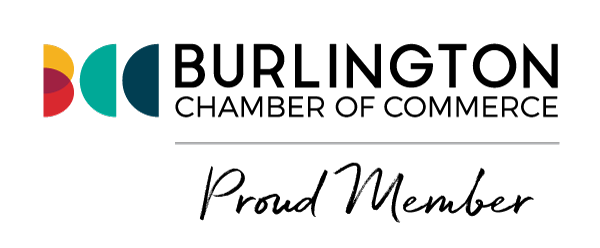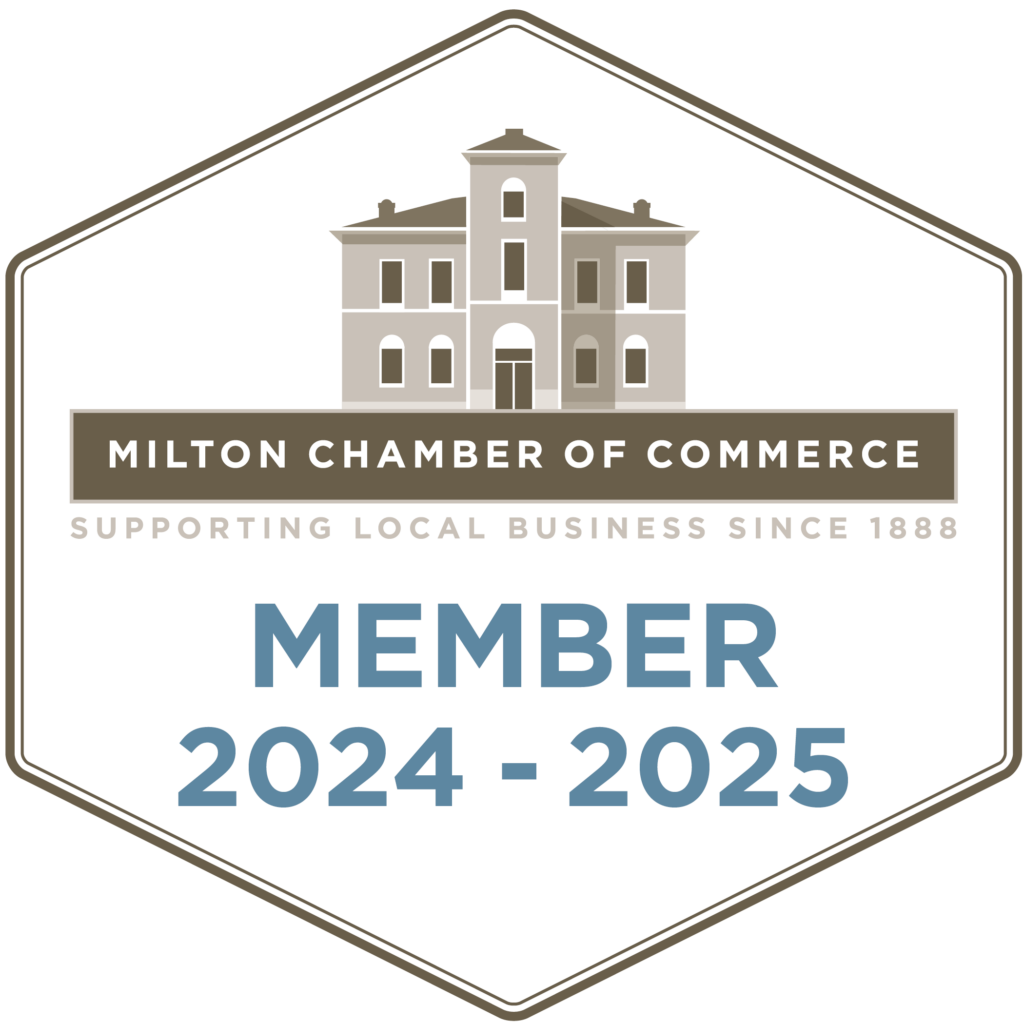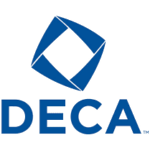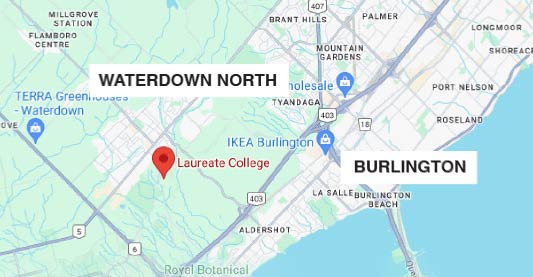Frequently Asked Questions and Answers
Canada is one of the top 10 countries in the world for mathematics, science, and reading. From the OECD (Organization for Economic Co-operation & Development), studies show Canada’s adolescents are among the best educated in the world. Where each province in Canada establishes their own education system, Ontario is one of the strongest education system in Canada. Ontario is over 100 colleges and universities that students who complete their Ontario Secondary School Diploma (OSSD) can apply to for their post-secondary education.
Canada and Ontario offer a fair and equal access education as well as a safe environment for learning and living. 95% of international students recommend Canada as a study destination; many apply for permanent residence in Canada after completing their education at the tertiary level. Canada has become the preferred destination for learning because of our reasonable tuition levels compared to other countries. Canada is a multicultural society and a country open and receptive to immigration.
At Laureate, students have the opportunity to continue their studies in Ontario or other provinces in Canada as well as international destinations.
A student who is planning to study in Ontario should investigate the schools in Ontario whether they wish to study in the public school system, private schools, independent schools, or religious schools. Then, in each category, consider which schools offer the programs a student wants to study. Once a student is able to determine the schools they would like to go to, contact these schools or school board to apply. Application procedures are usually posted on the school’s website or school board along with a registration fee.
When considering a school, it is not only the courses they offer but also to ask the graduation success rate of where students are accepted into colleges and universities. Consider the way in which a student prefers to learn: direct instruction, blended model, on-line learning, or combinations of learning approaches. In addition, what are the strengths of the school and academic/career counselling support to the student and family. Extra-curricular activities may also be a consideration for students to know what is available.
Finally, foreign high school students need to obtain custodianship for younger than 18 years of age and homestay arrangements. A foreign student is looking for a homestay where he/she feel part of the family and has the support of the host family and along with the support of the school. Arrangements are provided at Laureate to find a homestay or stay on campus in the boarding facilities.
- Learning the English language
- Developing confidence
- Participating in public speaking
- Giving their own opinion
- Becoming a self-advocate
- Understanding social-cultural expectations
- Finding a homestay that provide a caring and safe environment
- Adjusting to a new climate and a new city
- Making new friends
Students may find the following strategies or approaches effective when they can determine which challenges they want to address. It will take time and students should not do everything because it will be overwhelming. These tips do require guidance and support so that students are able to gage their own improvement:
- Find a native speaker to practice speaking English
- Expand vocabulary
- Read with comprehension
- Write with grammatical accuracy
- Mix with other students who are not the same culture
- Connect with home through social media
- Join discussions, activities, & excursions
- Find a teacher who gets to know you
- Ask for assistance and ask questions
- Set goals
- Ask for a student ambassador or buddy to partner with you
- Take gradual steps to adapt to the customs and social norms of the Canadian culture by attending, participating in or assisting with seasonal celebrations (eg. Hallowe’en, Canada Day), cultural activities (sports events, arts performances), and festivities (local parades, fairs, contests) within and outside the school
At Laureate, our teachers, program counsellor, and administration can support you to get extra help or gain more experience to enhance your learning and connecting with other people. It is a gradual process but you don’t have to do it alone.
A foreign high school student has the option of applying directly to a Canadian university or college as a foreign student. Each university and college will identify the application process on their website for a foreign student. However, if a foreign secondary student from certain countries do not have a high school program of 4 years, grade 9 to 12, then the student may need to take additional courses to obtain the Ontario Secondary School Diploma.
Depending on the age of the student and how many years they have completed their high school program successfully will determine the additional courses required. The Ontario Secondary School Diploma (OSSD) is 30 credits of which 18 are compulsory credits and 12 are elective credits. The receiving high school in Ontario will determine their equivalency credits or prior learning credits based on the high school courses they have completed successfully. The OSSD also has requirements of 40 hours of community volunteer service and passing the Grade 10 Ontario Secondary School Literacy Test (OSSLT).
To be accepted into a specialized program at the college or university level, the student must have the prerequisites of certain courses and meet the minimum academic marks.
Additional support is available to help Laureate students plan, select, and apply for colleges and universities once they have completed their OSSD.
There are many factors that a family must consider when thinking about sending your child overseas. Do you have the budget to pay for tuition fees and additional services/courses, health insurance, homestay, custodianship, and student VISA fees? Do you have an agent and/or immigration consultant that are reliable and knowledgeable? Is your child ready to handle the challenges of going to a foreign country and to study at the high school and post-secondary institution level?
Academically, it is best for a student to begin their studies at the grade 10 level to gain as much learning of the English language and have some maturity to manage their studies and adapt to a new environment. The most challenging part for a student is to develop proficiency in the English language so that they succeed in their high school credits and set them up for success at the post-secondary level. To develop proficiency in a second language, it takes time and most students will require a minimum of 2 years but can take up to 5 years to be proficient.
It is best that you speak to Laureate’s support team to consider your best options. Each student has unique circumstances to determine an academic plan that can be followed to give the greatest flexibility and choices.
Most colleges and universities expect students to complete a grade 12 program of which the top 6 grade 12 credits will be considered for admission. As a grade 11 student, most likely you will have to come to Canada to complete the grade 12 high school program to obtain the Ontario Secondary School Diploma (OSSD). However, to achieve the OSSD, a student must successfully pass the Ontario Secondary School Literacy Test (OSSLT) and 40 community service hours. The Ontario school will be able to evaluate your status given the courses you have completed and your age.
In addition, you must take certain courses at the grade 12 level as prerequisites for admissions to specific/specialized programs. You can check the university or college website to determine what the requirements are and the minimum final grade to qualify for each program. Depending on who applies for specific programs, the minimum requirements may not be enough since you are competing with many students who may have very high marks. In very competitive programs, it is not just the students with top marks that get acceptance but also what they have been involved in extra-curricular activities and community programs.
At Laureate, the program counsellor will assist you to designing a backward plan where you choose the university or college you wish to be accepted and their specific programs. Then, courses will be included in the grade 11 and 12 program to ensure the prerequisites are met.
High School Life can be the best experience of your life if you choose to make it memorable and exciting and rewarding. Most schools will provide you the opportunity to learn as much as you can, but you have to decide that this is important to you and you will work hard, attend and participate in classes, complete your school work and homework. Joining in extra activities can also add to your experience where you can meet other students who are not in your classes and develop leadership skills and new skills in areas of your personal interest.
At Laureate, the daily schedule is usually 8:45 am to 3:15 pm with 2 periods of class and a common lunch. There is always extra help available before school begins or at lunch time or after school. The Student Council is often responsible for planning special events at the school such as school dances, excursions, talent night, sports games, and clubs.
To make your high school experience enriching, decide you will make new friends, get to know your teachers, and join as many activities after school.
Your high school transcript is the official document that proves what courses you have taken, your final marks, as well as recording any credits obtained in a private school if you are attending a public high school, duplicates, withdrawals, and substitutions. It also confirms that you have completed your community hours and passed the Ontario Secondary School Literacy Test (OSSLT).
Most universities review your grade 11 and 12 marks, especially your top 6 grade 12 marks to determine if you will get acceptance into their programs. When the competition is very high, then it is your extra-curricular activities, and community service as well as achieving any awards and scholarships that are considered.
By checking the college and university websites, you will be able to view the programs they offer to know what prerequisites you need to apply for that particular program as well as what the minimum requirements are in terms of courses needed and marks to achieve. It is a general guideline and reflects the minimum; therefore, if your marks are at the minimum requirement, you may not get accepted if the other candidates that applied that year have higher marks and achieved other awards or have additional experiences.
When you graduate from Laureate, an official transcript is available that records all the courses you have taken. This transcript may be required if applying to colleges and universities.
A full-time program is taking 8 courses in a school year. There are 4 terms from September to June and usually the summer is term 5 for the month of July. It is important that you select courses that will balance the workload for each term and still meet the compulsory requirements for the OSSD and plan for their post-secondary education options.
A part time program is when you decide to take a course in 1 term. As a part time student, you are more than likely taking a full program at another school. Therefore, it is important that you understand the workload and expectations to be able to succeed in gaining this credit.
Yes, there is a withdrawal form to complete by you and your parent. It is important that you discuss this with your teacher to make sure this is the right decision. If you withdraw within the 5 days after receiving your mid-term mark, this course will not appear on your transcript. You can decide to drop entirely or audit the rest of the course.
The teacher uses the blended model of instruction where there is in person learning and online learning. In person learning can be independent work, small group or large group settings. The student is expected to come to school every day from 8:45 am to 3:15 pm. Students are required to bring their laptop to access materials from the Moodle website. Each student will have their own ID and login.
Laureate is a licensed Ontario Ministry of Education school that can grant credits towards the Ontario Secondary School Diploma. Therefore, a credit earned at Laureate is accepted by all public and private schools. Please be aware that some private schools have requirements that students must inform their school about taking a credit outside of their own school and therefore, these expectations should be followed.
When you have received a final mark for the course, Laureate will issue a final report card that you can give to your day school or some schools will ask Laureate to mail the final report card to them directly. Once the report card is received, the student services of your day school will place the report card in your OSR File and the credit will be added to your transcript.
Arrange to speak with the teacher directly to get help. In most situations, the teacher can help you immediately but may also want to arrange extra time to help you before class begins, at lunch time, or after school. Every situation is different but most important is to ask for help.
Each teacher will determine if they plan to have students write a mid-term test or not. A mid-term mark is to get feedback half way through the course. It is based on student’s participation, student work, tests/quizzes/assignments given during the first part of the course.
At the end of the course, the teacher will designate 30% of the final mark to a culminating activity and/or final exam. Again, this will vary from course to course and teacher to teacher. At the beginning of the course, it is important that you ask about how you will be evaluated.
Students and parents will have access to the TeachAssist Program that records marks earned throughout the course. By checking TeachAssist, you will know how you are doing in the course but always ask your teacher for more feedback.






